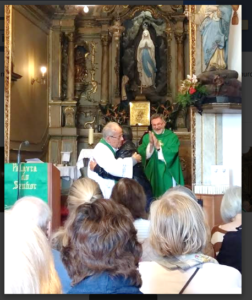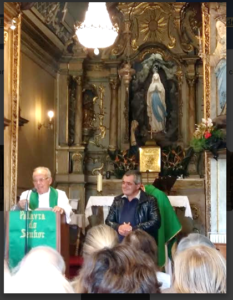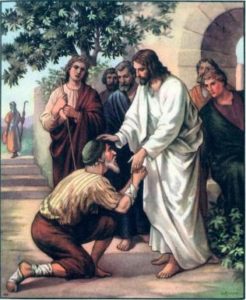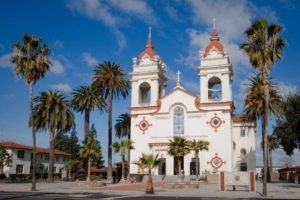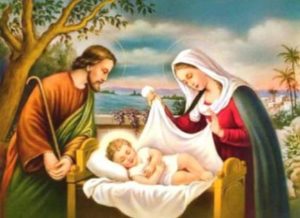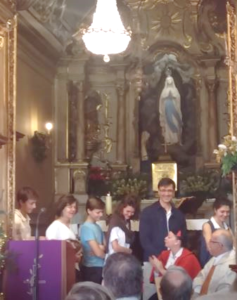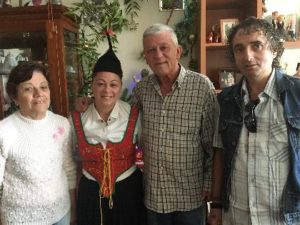FROM MY HEART TO YOUR HEART – Do you want to become a Nobody?
– Brought to you by Fr. Bernardino Andrade (bernardinodandrade@gmail.com)
I don’t know in other places but, in the USA, it is common to advertise in the newspapers that there are seminaries, convents and opportunities for those who feel the call to become priests, nuns or to join the religious life that we also call «Consecrated Life».
Of course most of those of advertisements try to impress and attract young people by giving attractive reasons why they can consider joining those communities and that lifestyle. And it works because most of the young people have no proper information about this alternative for their lives. Unfortunately, most of the information they hear is negative, and also through jokes that denigrate a way of life that can be the best answer for their living, which is their love for God transformed into service for others.
I believe that most of us are aware of Mother Teresa and the thousands of young girls who decided to follow her and also of so many many priests and nuns who have lived their lives passionately in love with Jesus and his project. And most of them have lived a very happy life.
But ironically, there was a special religious order that had a very unattractive advertisement with a very high rate of success. The advertisement went like this:
«IF YOU WANT TO BECOME A NOBODY, JOIN US».
Holy Week is the best picture of what a «NOBODY» can be in a Christian life. And those who want to follow him must be open to become a nobody like Him. In the second reading of Palm Sunday Mass, St. Paul (Philippians 2: 6-11) says: «His state was divine, yet Christ Jesus did not cling to his equality with God but emptied himself to assume the condition of a slave». A slave was a «nobody» with no rights and no dignity. An animal would have more rights than a slave. Is this attractive?
The prophet Isaiah, in reference to the Messiah, says something very unattractive and in a way almost repugnant. Who wants to be like this? «He had no form or majesty that we should look at him, nothing in his appearance that we should desire him. He was despised and rejected by others; a man of suffering and acquainted with infirmity and as one from whom others hide their faces he was despised and we held him of no account. Surely he has borne our infirmities and carried our diseases».
(Isaiah 53). JESUS BECAME A NOBODY. If you want to become a nobody, follow him. I have tried and I don’t know if I have been a good priest but I know that, for almost 53 years, I have been a very happy priest. If I could go back in life I would follow the same road.
Happy Holy Week
Fr. Bernardino Andrade
